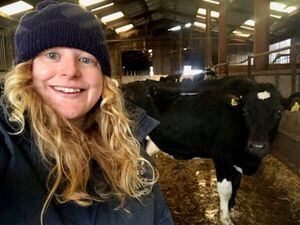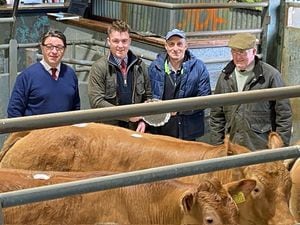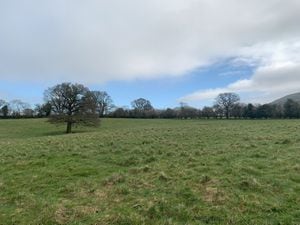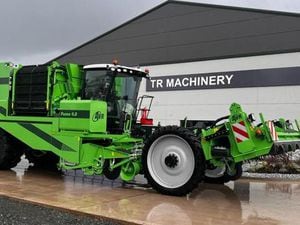Get organised for autumn IBR control
Ahead of autumn housing, farmers are being urged to get Infectious Bovine Rhinotracheitis (IBR) control plans in place now, to help give dairy herds the best possible defence during the high risk period for bovine respiratory diseases.

It’s well-known that respiratory disorders such as IBR, estimated to be present in 70 per cent of UK dairy herds, are more likely to happen at periods of stress or mixing.
However, only 22 per cent of eligible animals are currently being vaccinated against IBR2. It’s sometimes seen as ‘another job’ at housing time that’s easy to overlook.
It’s crucial to build your herd’s immunity ready for housing, as there’s a greater risk of respiratory pathogens spreading between animals during this period. This is due to a more enclosed air space and relatively higher stocking densities experienced when herds are housed.
Stressors such as movement, alongside environment, diet and social group changes can all compromise the ability of the immune system to fend off respiratory pathogens.
An IBR outbreak can have severe implications for herd health, welfare, and productivity, which is also incredibly stressful for the farmer. Subclinical effects of infection can include reduced milk yield, which is estimated to cost £200/cow/year in lost income, so I’d recommend every dairy farmer plans a proactive approach to IBR control and prevention.
The best strategies include good management, appropriate building design and ventilation, and effective vaccination and biosecurity measures against the major pathogens present on your particular farm and endemic diseases.
These factors all take time to put in place, so it’s a good idea to discuss options with your vet at least four weeks before you plan to be housing the herd. This allows plenty of time for a farm visit to be scheduled with your vet and IBR vaccines to be planned in.
Time invested now in preventing IBR from causing problems for your cows and you this autumn is incredibly valuable.
Dr Nicole Baldry is a dairy veterinary adviser at MSD Animal Health





